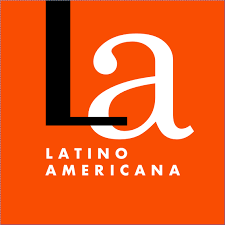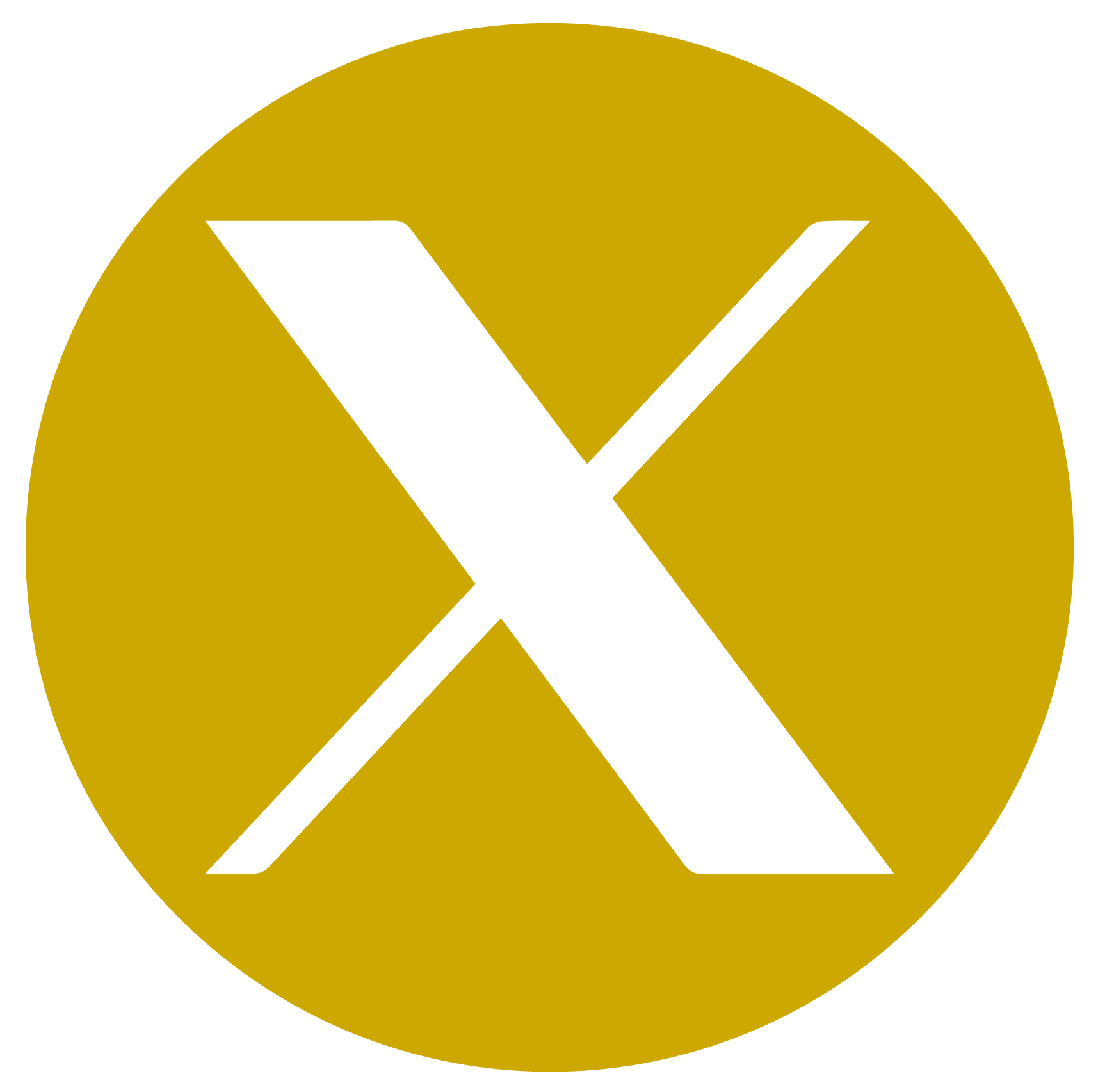A strategy for documenting lessons learned and good practices in a software development company
DOI:
https://doi.org/10.46588/invurnus.v14i1.18Keywords:
good practices, lessons learned, knowledge, documentationAbstract
Many organizations have opted for tools that offer them a competitive advantage or allow them to carry out their processes more efficiently to improve their services or products. One of the tools that have taken importance in organizations is the documentation of good practices or lessons learned, this with the benefit of learning from past experiences enabling the creation of new useful knowledge in new methods or processes. Given the need for improvement that organizations have, the objective of this paper is to propose a strategy that facilitates the capture of lessons learned and good practices in a software development company. Due to the situation existing in the study organization, a methodology was developed and implemented that included identifying experts in the organizational processes; design a structure that facilitates the capture of lessons learned and good practices; and implement the structure designed in the employees of the organization. As a main result, the record of successes, failures or experiences that allowed the creation of good practices and lessons learned was obtained, being useful for the improvement of work activities within the study organization.
Downloads
References
BID. 2011. Lecciones aprendidas. Recuperado de: https://publications.iadb.org/bitstream/handle/11319/3855/Lecciones%20Aprendidas.pdf?sequence=1. Fecha de consulta: 4 de mayo de 2018.
Blurton, C. 2002. New directions of ICT-use in education. Recuperado de: http://www.unesco.org/education/educprog/lwf/dl/edict.pdf. Fecha de consulta: 6 de marzo de 2018.
Bruch, J. y Bellgran, M. 2013. Characteristics affecting management of design information in the production system design process. International Journal of Production Research, 51, 3241-3251.
Dalkir, K. 2011. Knowledge Management in Theory and Practice. 2nd ed. The MIT Press. Cambridge.
Davenport, T. y Prusak L. 1998. Working knowledge. Harvard Business School Press. Boston.
FAO (Food and Agriculture Organization of the United Nations). 2015. Plantilla de buenas prácticas. Recuperado de: http://www.fao.org/3/a-as547s.pdf. Fecha de consulta: 4 de mayo de 2018.
Grey, D. 1996. What is knowledge management? The Knowledge Management Forum. Recuperado de: http://www.km-forum.org/t000008.htm. Fecha de consulta: 13 de enero de 2017.
Hernández, N. 2014. Teoría de la gestión del conocimiento. Recuperado de: https://www.gestiopolis.com/teoria-de-la-gestion-del-conocimiento/. Fecha de consulta: 6 de marzo de 2018.
James, I. 2017. Process documentation guide. Recuperado de: http://theprocessconsultant.com/processdocumentation//. Fecha de consulta: 6 de marzo de 2018.
Lucid Software. 2018. ¿Qué es la documentación de procesos? Recuperado de: https://www.lucidchart.com/pages/es/qu%C3%A9-es-la-documentaci%C3%B3n-de procesos. Fecha de consulta 21 de febrero de 2018.
Maier, R. 2007. Knowledge Management Systems, 3rd ed. Springer. Austria.
Milton, N. 2010. The lessons learned handbook: Practical knowledge-based approach to learning from experience. Chandos Publishing Ltd. Oxford.
Muntaner, J., Roselló, M. y De La Iglesia, B. 2016. Buenas prácticas en educación inclusiva. Educatio Siglo XXI, 34(1), pp.31–50.
Nonaka, I. 1991. The knowledge-creating company. Harvard Business Review, July-August 2007. Boston. Nonaka, I. y Takeuchi H. 1995. The knowledge-creating company: How Japanese companies create the dynamics of innovation. Oxford University Press. New York.
Pérez, J. 2008. Definición de conocimiento. Recuperado de: https://definicion.de/conocimiento//. Fecha de consulta: 6 de marzo de 2018.
Rigby, D. 2011. Management Tools 2011. An Executive’s Guide, p. 76. Recuperado de: http://www.bain.com/Images/Bain_Management_Tools_2011.pdf. Fecha de consulta: 13 de enero de 2017.
Sánchez, M. F. 2016. Gestión del Conocimiento. Instituto Tecnológico Nacional de México, 1–17.
Santiso, C., 2002. Education for democratic governance: review of learning programmes. Org. Social Sciences. UNESCO.
Tan, H. C., Carrillo, P., Anumba, C., Kamara, J. M., Bouchlaghem, D. y Udeaja, C. 2006. Live capture and reuse of project knowledge in construction organizations. Knowledge Management Research and Practice, 4(2), 149–161.
UNS. 2017. Guía para la documentación de proyectos de software. Universidad Nacional del Sur. Argentina.
Van Wart, M., Roman, A., Wang, X. y Liu, C. 2017. Integrating ICT adoption issues into (e-)leadership theory. Telematics and Informatics, 34 (2017) 527–537.
Visser, J. 2017. Building software Teams. Ten best practices for effective software development. O’Reilly Media, Inc. Sebastopol.
Weber, R., Aha, D. W. y Becerra-Fernandez, I. 2001. Intelligent lessons learned systems. Journal of Expert Systems Research & Applications, 20(1), 17–34
Wiig, K. 1993. Knowledge management foundations: Thinking about thinking. How people and organizations create, represent and use knowledge. Schema Press. Arlington, TX.












